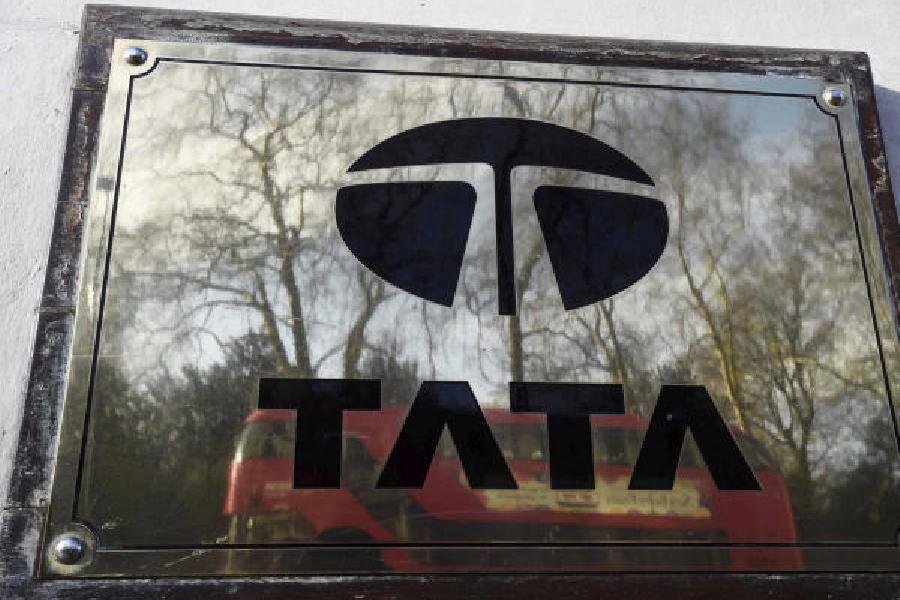Tata Steel may consider closing down a significant part of the UK operations if it fails to secure adequate funding from the British government in the next 12-24 months.
The company said the upstream units — the primary steel making operations — will reach the end of life and it may not be viable to operate them safely. The chronically struggling part of Tata Steel’s European business does not generate enough cash flow to make fresh investment in the end-of-life assets or transition to green steel operation, it added.
“The downstream assets are fine, it is the upstream assets which are reaching end of life in the next 12-24 months. Whenever we feel it is unsafe to run the operations, in discussion with other stakeholders, we have to take the call assuming nothing comes out of the discussions with the British government,” T.V. Narendran, managing director & CEO of Tata Steel, told a group of financial analysts on Wednesday.
The company has been in discussions with the British government for the last few years. The Rishi Sunak administration reportedly offered £300 million aid which Tata Steel found to be inadequate.
The impact of the potential end-of-life closure of the upstream UK operations will, however, not rock the boat for Tata Steel India, the parent company which had acquired the business as part of Corus buyout in 2007.
The management said they don’t expect the cash flow impact in case of closure in billions of dollars. “When we are looking at upstream facilities, I certainly think it is in the hundreds of millions and not in billions,” Koushik Chatterjee, ED & CFO of Tata Steel, told the analysts on Wednesday. Tata Steel’s revenue and EBIDTA in FY23 stood at $30 billion and $4 billion, respectively.
The upstream facilities — blast furnace, coke oven plant — are located at Port Talbot, Wales, while the downstream and distribution facilities are spread across the UK. These assets were part of the legacy that came with Corus, along with the Dutch business, now renamed mainland Europe.
While the Dutch business did not require support from the parent in India in the last 15 years, UK has been structurally weak and Tata Steel had to sell a majority of the operations piecemeal over the years to contain risk, apart from supporting the existing operations with cash. The nameplate capacity of Port Talbot is 5 million tonnes, even as it does not produce more than 3 MT, less than 10 per cent of Tata Steel Group’s combined capacity of 32 MT.
TSUK requires about £200-300 milion cash support from the parent, the Dutch business is sitting on a cash pile of Euro 600 million. The company took Rs 1,170 crore impairment charge on account of the UK business on the standalone balance sheet. It also flagged material uncertainty over TSUK’s ability to remain a ‘going concern’ after conducting a financial stress test to understand the vulnerability of the business from potential economic downturn in Europe, in the results published on Tuesday.










